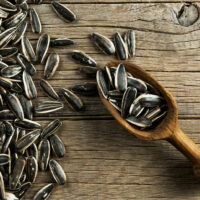
5 essential questions to ask a pulmonologist
Human lives are dependent on the health of a pair of lungs, which deliver oxygen to the cells and remove carbon dioxide from the body. Consequently, lung problems must be addressed promptly to avoid further complications and detect diseases like asthma and chronic obstructive pulmonary disease (COPD). Individuals with symptoms like wheezing, shortness of breath, and chronic cough should see a pulmonologist for timely diagnosis and treatment. Here are some key questions to ask a pulmonologist: What is causing my symptoms? Understanding the underlying cause(s) of a problem is essential to figure out an effective treatment course with one’s pulmonologist. Sometimes, treatments may help address the symptoms but may not deal with the root cause, which may cause the disease to relapse. For example, living in a highly polluted region may have caused or contributed to one’s asthma, or an unhealthy lifestyle may have been a significant cause of a COPD diagnosis. Discussing one’s lifestyle, geographical area, genetic factors, etc., with a pulmonologist can help one identify the possible root cause of lung disease. What are my treatment options, possible side effects, and best intervention? Almost every treatment course may have some side effects. Individuals with certain lung conditions or weak immunities may not be able to withstand the side effects of certain treatments and might require a different approach.
Read More. 














